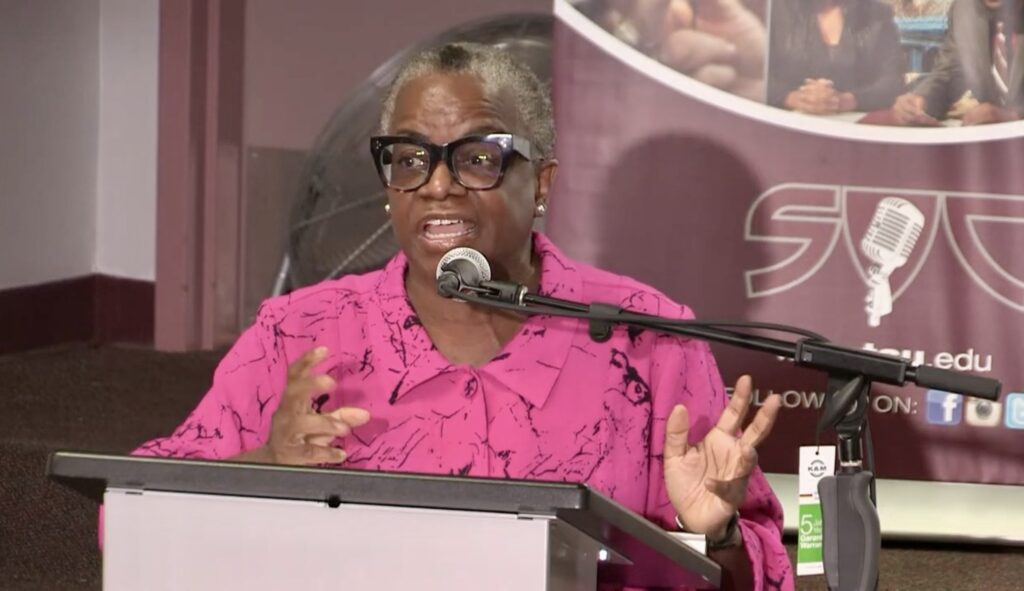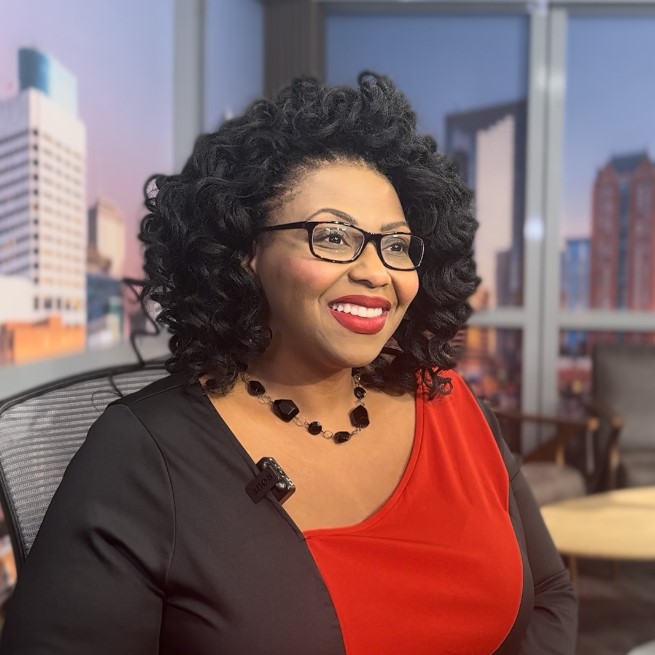DIRECTOR SARAH GUIDRY: TURNING PASSION INTO PRACTICE AT THE EARL CARL INSTITUTE
Written by admin on April 1, 2024
By Erin Slaughter, KTSU2 Reporter
In the back office of the Earl Carl Institute, on the Texas Southern University (TSU) campus, Director Sarah Guidry’s unwavering faith and divine calling as a guardian of justice guide her relentless pursuit of fairness and truth.
The Earl Carl Institute is an independent organization dedicated to empowering underserved populations through legal representation, research, education, and advocacy.
Within her office, symbols of her faith are present. A Bible rests on her bookshelf, a sign by her door reads ‘Faith: all things are possible if you believe,’ and a sign on her desk bears the message ‘I want every girl to know her voice can change the world,’ a reminder of the transformative power of advocacy.
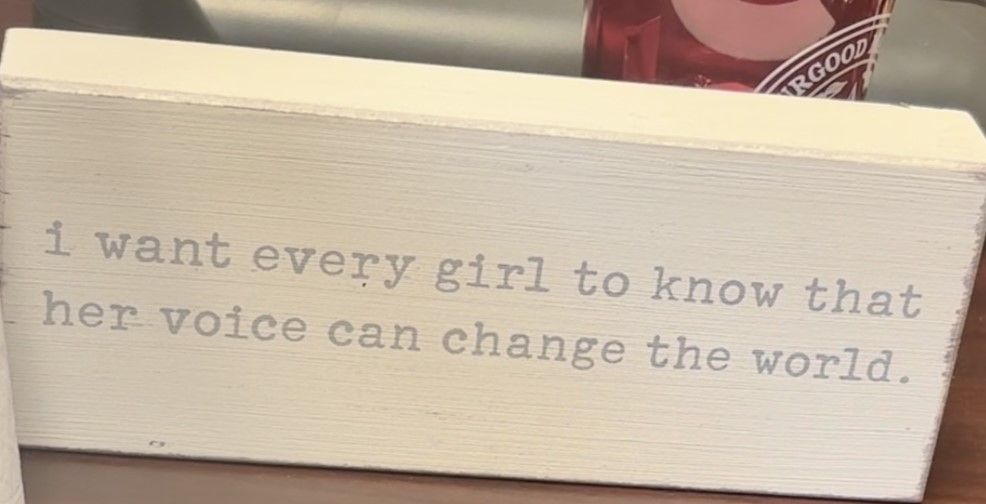
Reflecting on her career trajectory, Guidry said that her initial aspirations took a different path before she found her calling at the TSU campus.
“When I went into law school, I said I wanted to go into tax law, and I got a clerkship at Exxon in downtown Houston.” It paid well and took you to nice places, but I really didn’t have the drive to get up and go to work in the morning,” she said.
Director Sarah Guidry, The Earl Carl Institute
During the following semester, Guidry said she worked at a clinic representing abused children, an experience that led her to discover her true calling.
“At the end of that experience, there was such a passion for doing that kind of work. And when I say that kind of work, I mean the kind of work where you know you’re helping somebody. You’re not putting a dollar in somebody’s pocket, but you’re helping someone in a way that is so close and personal to them,” she said.
As she talked about the desire to help people and effectuate change, Guidry spoke of how the mission of the Earl Carl Institute led her to TSU.
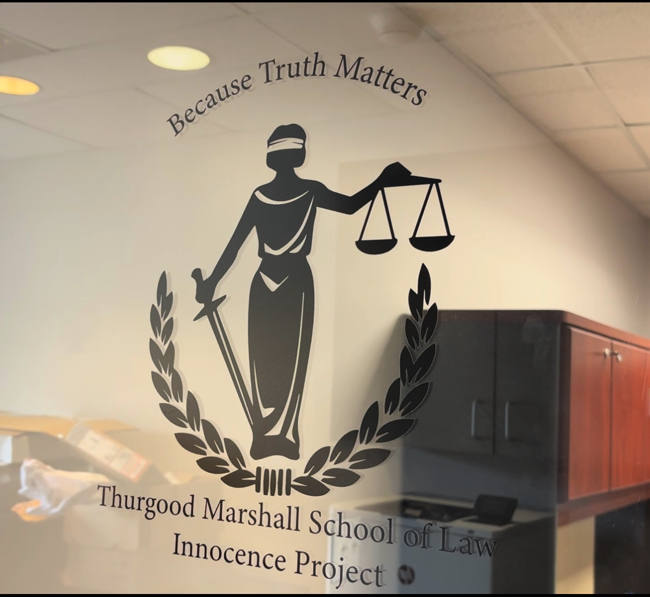
“The work of the Earl Carl Institute, for me, when I looked at it, embodied the kind of passion and correct care that Thurgood Marshall had; so I wanted to be a part of a place that helps students when they leave to want to sit and do that work, that work that makes a difference in people’s everyday life,” she said.
Taking charge of this vision at the Earl Carl Institute, Guidry now concentrates on bridging the gap between fairness and justice while tackling systemic injustices head-on.
Her commitment to systemic balance is evident in her work, exemplified by the programs she runs and discusses.
“We have a Black girl initiative where we support Black girls in elevating their voices to create change in their individual lives, communities, and across states and the country,” she said.
Director Sarah Guidry, The Earl Carl Institute
“We also have the Safe & Supportive Schools Collaboration, which we are currently operating to try and change the way that school discipline is used to funnel kids out of the school system,” she continued.
As Guidry described programs aimed at empowering Black girls and reducing disproportionate discipline and criminalization, she said that these initiatives share a common goal.
“Many of our programs aim to provide legal services in various areas and conduct research and writing to systematically change the negative impact that certain issues have on people of color, specifically Black people,” she said.
Guidry said that through strategic planning with clients, she discovered effective ways to bring about change, one client at a time.
“I like to say the way we work is we take one person and help them with their individual issue; when we hear their stories, we go out and talk to the community about it and see if it’s happening to other people and we take those stories to whoever the decision maker is; who can make a change,” she said.
As Guidry focused more on the programs at the institute, she spoke about the juvenile program, which she created in 2010, and said is a highlight of hers.
“It started with just a $10,000 grant for me to train other attorneys. When I figured out that the other attorneys were just going to court and pleading their clients out, we kept finding more and more money until we had a full-time program,” she said.
Guidry said that when she could get the program up and running, she began to see the change she wanted in her legal practice.
“Upon transitioning to the full-time program and practicing what I consider is good legal practice with our attorneys, I found it unbelievable that 75 percent of the time if I sent a notice to the court that I was representing a child, the case got dismissed; that’s how frivolous that practice was,” she said.
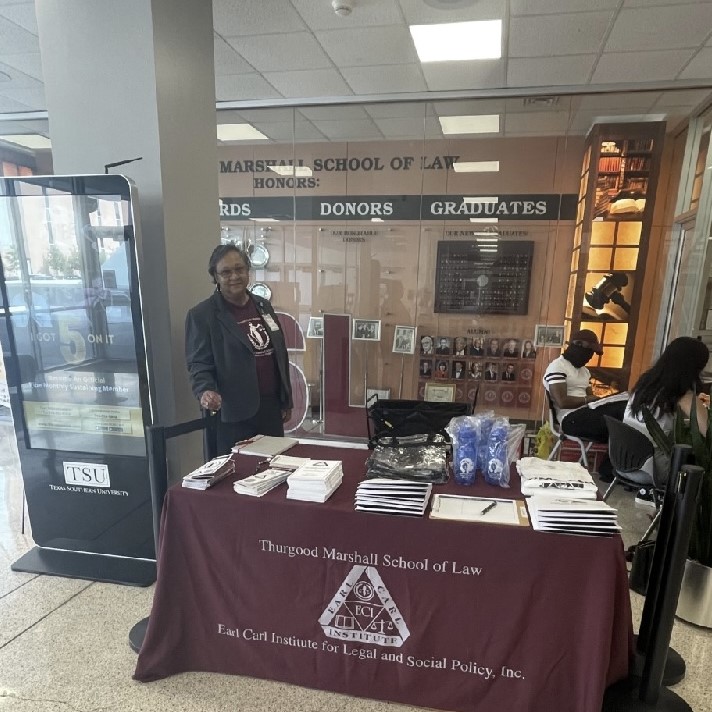
Guidry said, it is through programs like these that she will continue to balance the scale of justice, fight for her clients, and effectuate change; never missing an opportunity to let those who oppose her progress know she remains resolute.
“We know the law, we know what’s right, and we know what’s fair, and we are going to keep fighting no matter what you do to try to undermine us, ” she said, sending a message that the Earl Carl Institute is steadfast.
Director Sarah Guidry, The Earl Carl Institute
Despite acknowledging that not every case unfolds as expected, Guidry remains undeterred in her mission and she said she is always focused on the bigger picture.
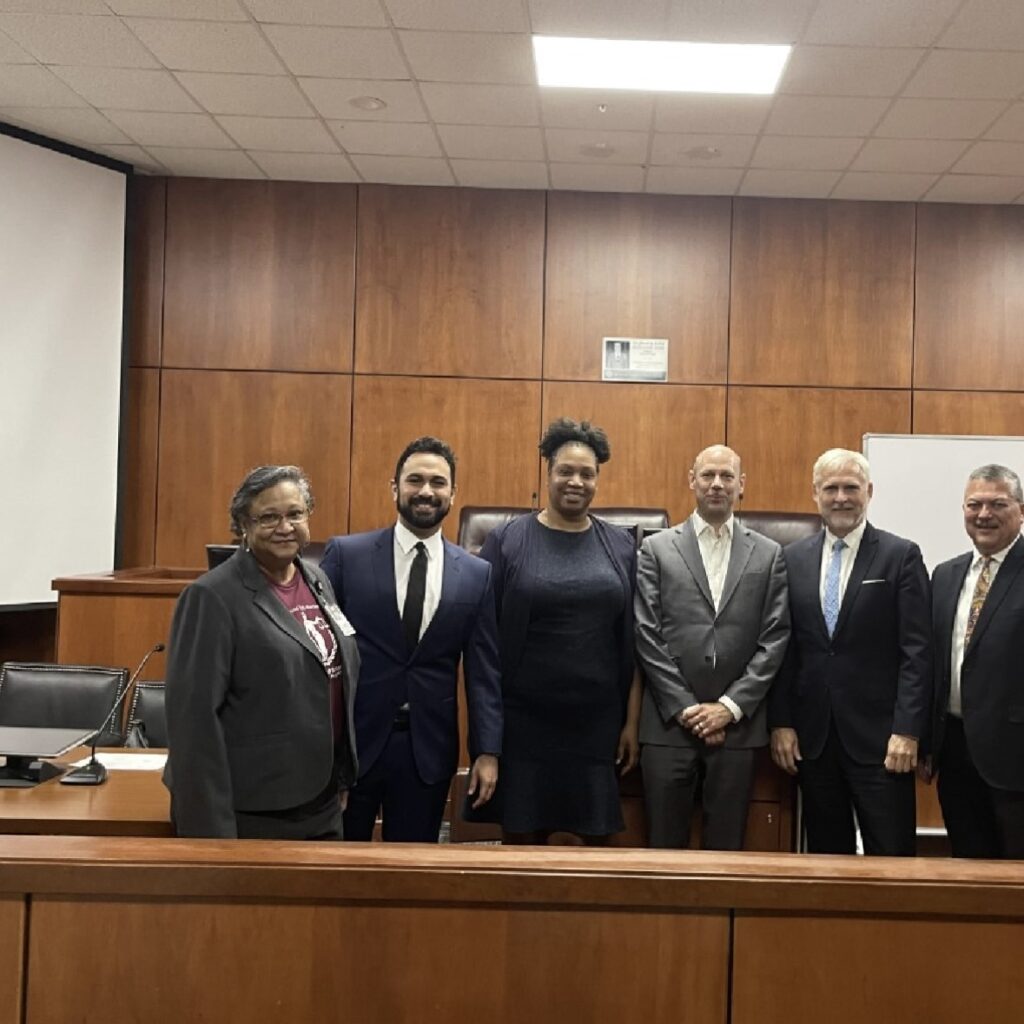
“Even if something doesn’t go in my favor at that moment; I’m either going to win in the end or I’m going to change something even if it is just a message to someone not to underestimate us,” she said, ending with a powerful message of endurance.
Her choice of words, her unwavering dedication, and her pursuit of fairness and justice are a testament to her enduring spirit and embody TSU’s motto of ‘excellence in achievement’.
The work she leads at the Earl Carl Institute embodying legacy and change reminds us that the women affiliated with TSU have always been trailblazers for change.
Through her consistent leadership and unwavering commitment to fairness, Guidry’s journey serves as a poignant reminder of the significance of perseverance and advocacy.
“I am no longer accepting the things I cannot change, I am changing the things I cannot accept.”
Angela Davis


